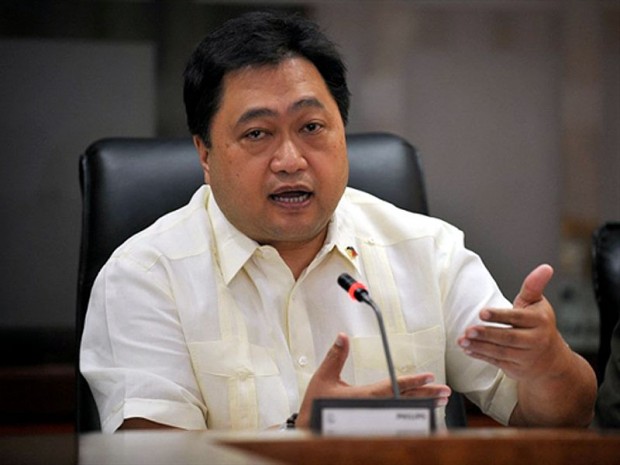PH ‘ease of doing business’ ranking slips
The Philippines’ ranking slipped in the World Bank’s latest report on the Ease of Doing Business globally—an oft-cited indicator by the government to illustrate progress—raising alarm bells for officials who immediately assailed the report’s reliability and predictability.
Conditions continued to improve in the Philippines, making it marginally easier for small and medium enterprises to set up shop and compete in the country. However, the country’s standing relative to the rest of the world declined several spots.
Government and private sector officials also placed part of the blame on changes in how scores were computed.
Finance Secretary Cesar V. Purisima said this could have dire consequences on the Philippines’ ability to attract a higher level of much-needed investments.
“Erratic methodological changes year after year severely threatens the report’s credibility as a reliable global measure of competitiveness,” he said in a statement.
He likewise described World Bank officials as bureaucrats “sitting in comfortable offices too far away to fully understand contexts and appreciate reforms being undertaken.”
In this year’s report, which was released Tuesday, the Philippines ranked 103rd, down six spots from 97th last year. Last year’s report placed the Philippines at 95th, but this was revised to reflect a change in methodology.
This year’s list was topped by Singapore, followed by New Zealand, Denmark, South Korea and Hong Kong.
Countries are ranked by the World Bank based on several indicators such as starting a business, dealing with and getting construction permits, property registration, and paying taxes.
National Competitiveness Council (NCC) co-chair Guillermo Luz at a press conference on Tuesday called into question the reliability of the World Bank’s survey. Rules for measuring countries’ scores have been changed four times in the last five years, and often after the actual fieldwork is completed.
The main changes for this year, the World Bank said, aimed to show how business-friendly policies were being implemented. The previous versions of the report only looked into the existence of the said policies.
The Philippines’ worst score was in the area of starting a business, where the country ranked 165th out of 189 countries. It required a total of 16 procedures to start a business in the Philippines—a process that takes, on the average, 29 days.
Fieldwork for the annual surveys are done in the first half of every year. However, Luz said some reforms implemented early this year were not reflected in the results. Deadlines for data submissions were also moved without notifying local officials, Luz said.
“It’s been difficult for us to make heads or tails of this diagnostic tool. It’s confusing the hell out of us,” he said. “We have the numbers to show we’re improving but it’s obviously not being picked up.”
The Philippines lagged behind Malaysia (18th in global rankings), Thailand (49th) and Vietnam (90th). The Philippines was also below the average rank of Asian countries of 96th. The Philippines was ahead of Indonesia (109th) and Laos (134th).
Results of the latest survey are a setback to the Aquino administration’s goal of cracking the top third of global rankings in the annual report. In 2010, the Philippines ranked 162nd.
To make further improvements in the country’s rank, policymakers should institutionalize transparency reforms by passing a Freedom of Information Law; break up monopolies; and open up protected sectors such as telecoms, shipping and agriculture to more competition, said Motoo Konishi, the World Bank’s top official in the Philippines.
He said the country should also reengineer business regulations.
“The Philippines has risen and you are now in a much tougher and competitive environment,” the World Bank official said. “The top is moving all the time, so we have to move faster for the Philippines to gain ground.”

